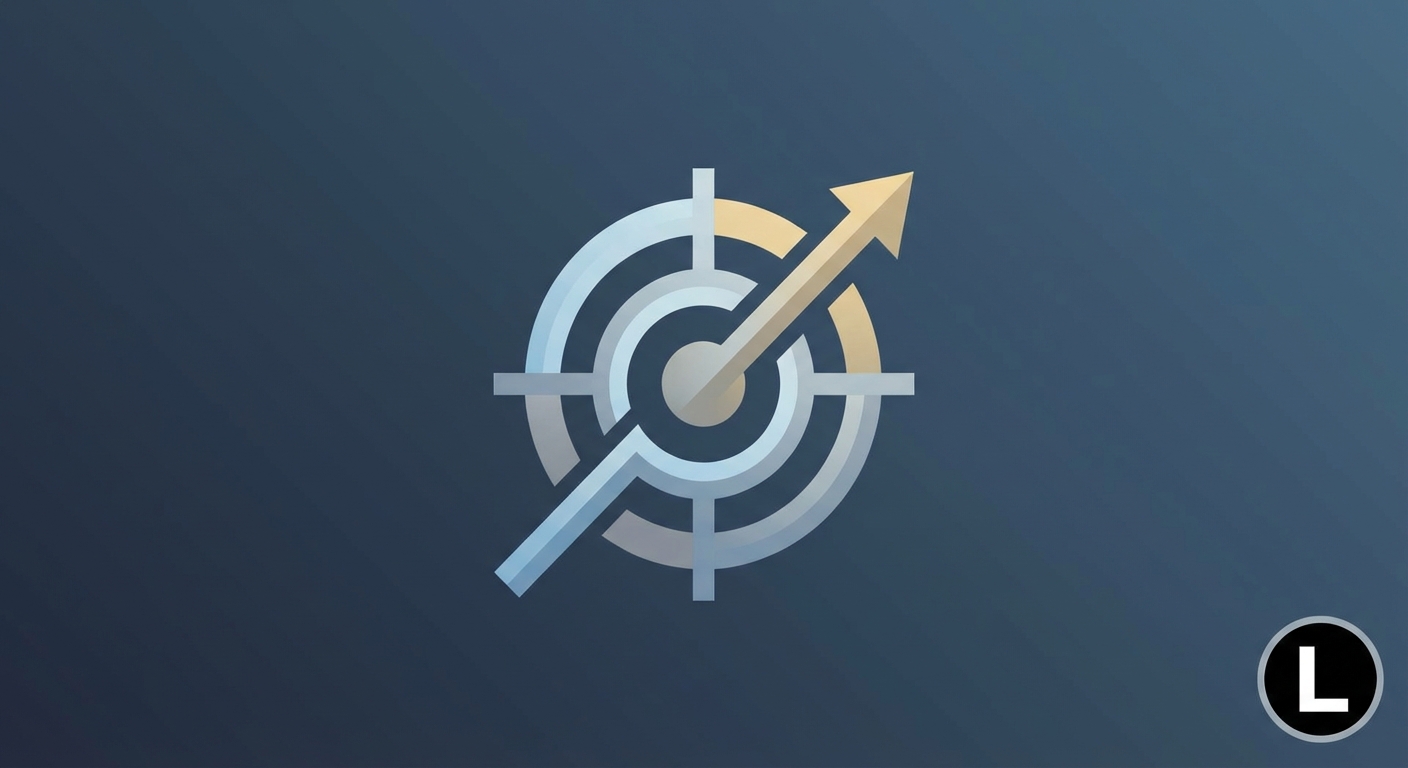Powerful and Effective SEO Strategies for Online Success
TL;DR
- This article dives into impactful SEO strategies tailored for online success, covering technical seo, on-page and off-page optimization. It highlight the role of ai website tools in enhancing seo efforts - especially focusing on performance optimization, security analysis, and accessibility best practices, providing actionable insights for web developers and security managers.
Understanding the SEO Landscape in 2024
Okay, so you wanna get a grip on seo in 2024? It's not just about keywords anymore, honestly.
Search algorithms are like, constantly evolving, right?
- Staying updated, its a never ending game, you know? Google rolls out these core updates, and bam! Rankings shift significantly, sometimes by a large margin.
- ai and machine learning are calling the shots, they're getting freakishly good at figuring out what users really want. These technologies help search engines understand user intent by analyzing context, user behavior patterns, and semantic relationships within queries.
- Mobile-first indexing? Still super crucial. If your site ain't smooth on phones, you're basically invisible.
Listen, some developers think seo is beneath them, but they're missing out.
- Organic traffic is where it's at – way cheaper than throwing money at ads.
- Plus, good seo is like a digital handshake; it builds trust. A secure and fast website? People notice this because security reassures users their data is safe, and speed provides a positive user experience, both of which signal reliability to search engines.
- And improving accessibility? That's not just for seo, it's for everyone using your site. Win-win. For SEO, accessibility means a broader audience reach, reduced bounce rates from users who might otherwise struggle, and potentially positive ranking signals from Google's assessment of user experience.
So, yeah, seo still matters. It's not just about ranking; it's about being a better, more secure, and more accessible place on the web. Next up? We'll dive into how AI-powered tools can help you navigate the SEO landscape.
Leveraging AI-Powered Website Tools for SEO
AI-powered tools for seo? Honestly, it's like having a cheat code, but for Google. You still gotta play the game, but ai can show you where the hidden power-ups are – these are opportunities for improvement, competitive insights, or untapped keyword potential.
- Automated website audits are huge. ai can crawl your entire site and flag technical seo errors you'd probably miss manually, like broken links, slow loading pages, duplicate content, or crawl errors. Think of it as a digital white-glove test.
- Smarter keyword research: ai analyzes search intent like, a boss. It goes beyond just volume and suggests keywords that actually match what people are looking for by understanding context and semantic relevance.
- Content analysis: ai can tell you if your content is readable and relevant. It's like having a personal editor that also understands search algorithms; pretty wild. It might use metrics like Flesch-Kincaid for readability and analyze topic coverage and keyword density for relevance.
Let's say you're running an e-commerce store selling handmade jewelry. ai tools can analyze your product descriptions and suggest better keywords, like "artisan silver earrings" instead of just "earrings". For a healthcare provider, an ai tool could audit your site for accessibility issues, ensuring compliance with accessibility standards—a big deal for reaching a wider audience and avoiding potential lawsuits related to inaccessibility.
According to OmegaWEB, over 70% of students use search engines to find their ideal schools or colleges. This highlights the critical importance of discoverability through search for educational institutions.
pingutil offers a suite of free ai-powered tools that can help identify seo issues, security vulnerabilities, and performance bottlenecks. It's a great starting point if you're trying to get a handle of all this, and it's free.
So, what's next? We'll dive into on-page optimization: content and structure.
On-Page Optimization: Content and Structure
Alright, let's talk on-page optimization; it's a technique for improving your website's visibility. Are you still just stuffing keywords onto a page?
Your content needs to be good, plain and simple.
- Informative and Engaging: Don't write like a robot. Think about what people actually want to know. For example, if you're writing about financial planning, don't just list investment options; explain how different options fit different life stages.
- Answer Questions: What's that user searching for? Give them answers to that question, and even other questions they might ask once they're already on your page.
- Natural Keywords: Use keywords where they fit, naturally. This means integrating synonyms, related terms, and focusing on topic relevance rather than just repeating the same phrase. It's not hard, honestly.
A well-structured site is easier for Google to crawl and users to navigate. It's a win-win.
- Clear Hierarchy: Use headings (h1, h2, h3) logically. Think of it like an outline; your h1 is the main topic, h2s are subtopics, and so on.
- Internal Linking: Link related content together. This helps search engines understand your site's architecture.
- Mobile-Friendly: I mean, come on, this is 2024. If your site isn't mobile-friendly, you're toast.
Next up? Let's dive into technical seo: performance, security, and accessibility.
Technical SEO: Performance, Security, and Accessibility
Technical seo isn't just about making Google happy, it's also about not making your users miserable. Think slow loading times or security warnings – instant turn-offs.
- Performance Optimization: Speed is king. You've gotta optimize images by reducing their file size, and maybe use a Content Delivery Network (cdn). A CDN helps with speed by serving content from geographically closer servers to your users. Like, if you run an e-commerce site, slow loading images is basically throwing money away. People bounce fast.
- Security First: SSL/TLS encryption? Non-negotiable. And a Web application firewall (waf) can stop a ton of attacks before they even hit your server. A WAF can help prevent common web attacks like SQL injection, cross-site scripting (XSS), or brute-force attacks. It's like having a bouncer for your website – stops the riff-raff.
- Accessibility Matters: Alt text on images, transcripts for videos, and good color contrast aren't just nice-to-haves. It makes your site usable for everyone, and Google notices that. Google might interpret accessibility features as positive ranking signals through improved user experience and adherence to web standards. Plus, it's just the right thing to do, y'know?
Think about it: a healthcare provider needs to make sure their site is accessible to people with disabilities to avoid lawsuits. A retail store needs speedy load times to convert mobile users. Technical seo? It's all connected to user experience and business outcomes.
So, what's next? Let's talk about off-page seo – building authority and trust.
Off-Page Optimization: Building Authority and Trust
Off-page seo? That's where you're flexing your digital muscles outside your own website. It's how you tell Google "Hey, people trust me!"
- Backlinks are still gold: Think of them as votes of confidence. Get links from sites with high authority. High authority means sites that are relevant, trustworthy, and have a strong domain authority. Identifying these sites can involve using SEO tools or looking at who links to your competitors.
- Social signals: Social media isn't a direct ranking factor, but it helps with visibility. Increased social media visibility can lead to greater brand awareness, more traffic to your site, and potentially more backlinks, which are SEO ranking factors.
- Brand mentions matter: Even without a link, mentions show relevance.
Honestly, it's about building a solid rep on the web, and that takes work. Building a solid reputation for SEO purposes can involve activities like guest blogging on reputable sites, actively participating in relevant online communities, managing and responding to online reviews, and creating shareable content that naturally attracts attention.





